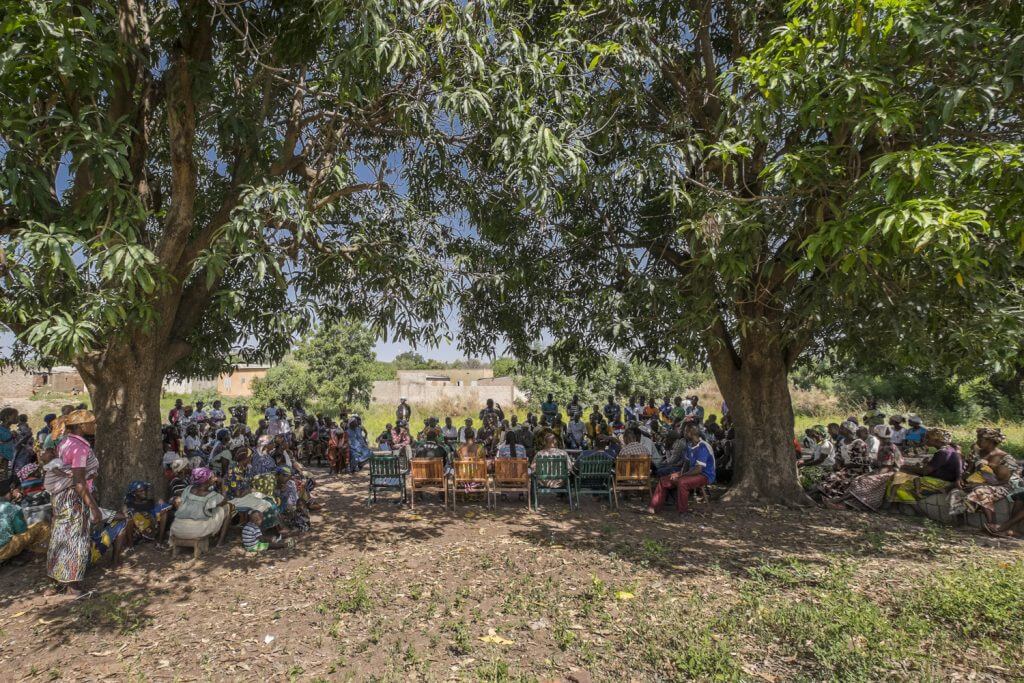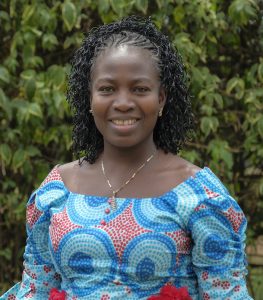A multi-disciplinary approach for building a common understanding of genetic engineering for malaria control in Burkina Faso
Posted 15
At Target Malaria we often talk about ‘co-development’, but sometimes it can be difficult to explain what this means in practice. We recently published a new paper in Nature which explains how we have put this core principle to work in our engagement with local communities in Burkina Faso.
We have been working in Burkina Faso since 2012, and dialogue with local communities where we carry out research activities underpins all our work. However, for communities to provide feedback and really engage in the discussion about our research, we needed to have a common understanding of the terms and concepts being used in our dialogues.
We first took a step back and worked internally. The language around gene drive research is complex and technical, and not only for people outside the research teams. We had to work across our different disciplines to ensure we had a common language internally to explain our work – as between entomologists, modellers, geneticists, social scientists and engagement experts, there can be many different terms and meanings.
This enabled us to then create a process with local communities to create a common understanding of the concepts and terms we would use. Over several years, through small group meetings, formal working groups, and with the use of creative techniques like community theatre, the project and the local community in Bana participated in an iterative process to co-construct shared meaning around key concepts and later of practical aspects of the project’s research.

This shared meaning is essential to enable meaningful participation and exchange between communities and the project, and we see this process as a starting point for more collaboration and co-development with local communities as our research progresses.


